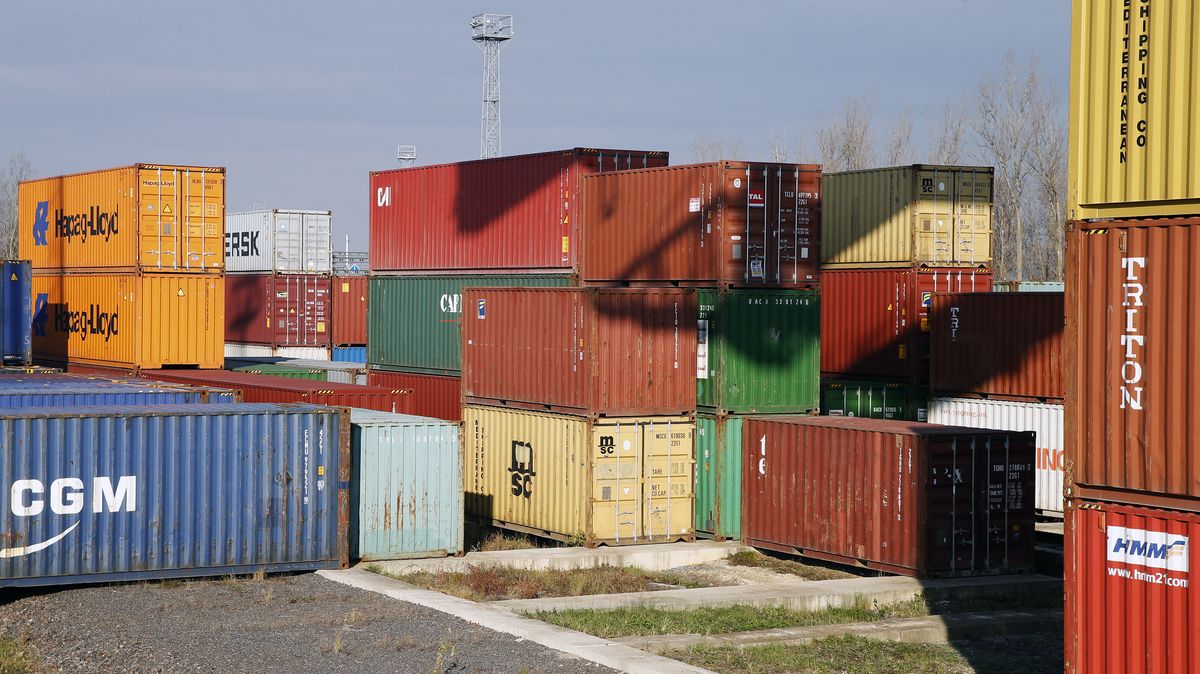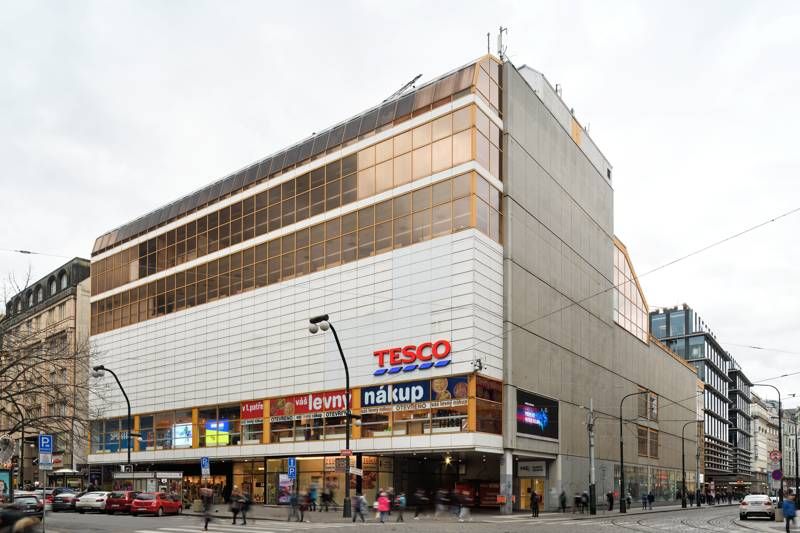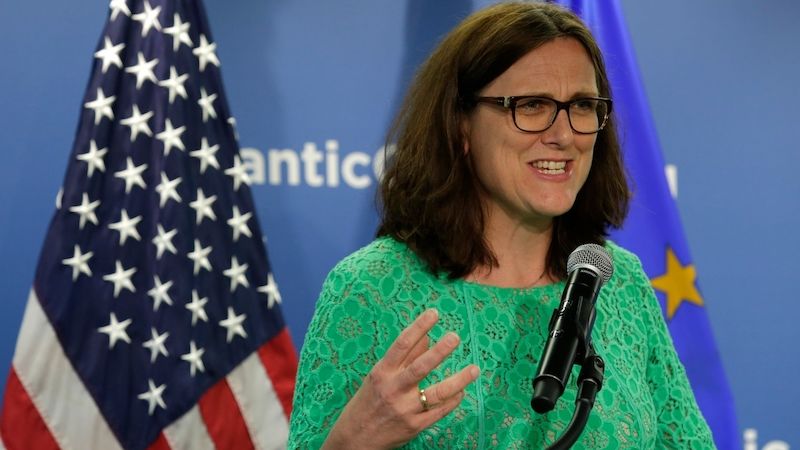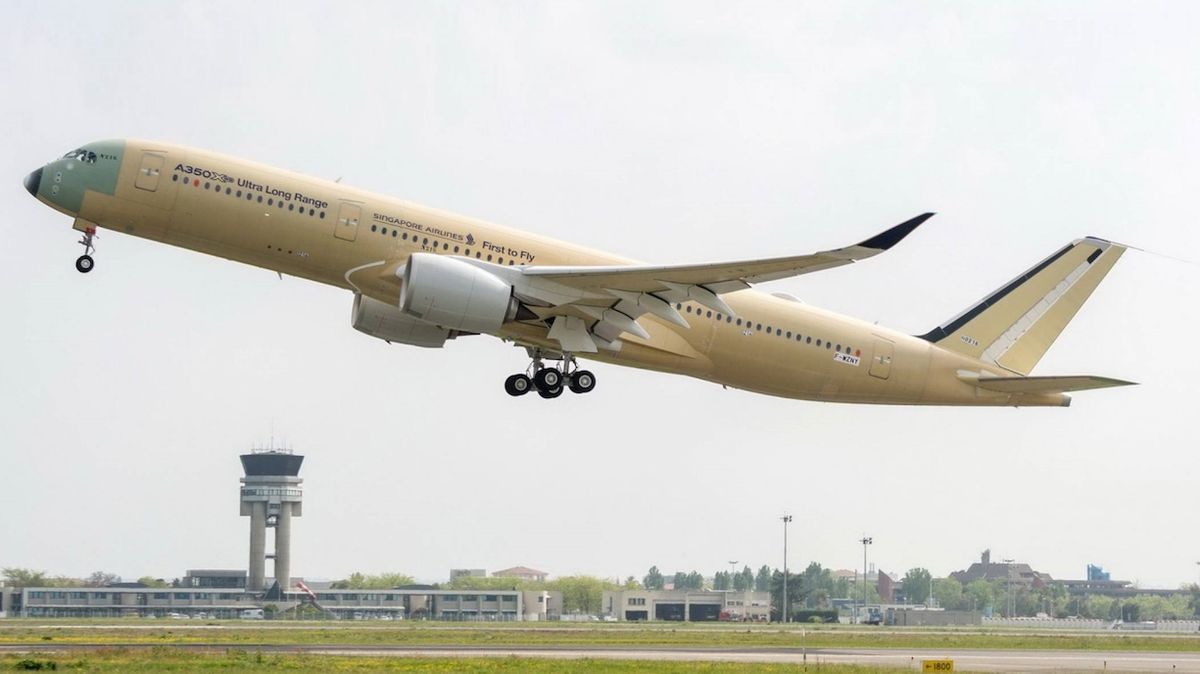Gazeta Wyborcza reported in Lodz, where some 40,000 Ukrainian refugees found temporary roofs over their heads. Many residents consider the placement of a portrait that sheds bloody tears an unnecessary provocation. He claimed that it was an immoral and unethical act, harassment of refugees taking refuge in ódže from the horrors of war in their homeland. They called on the city government to “remove portraits of building facades as a matter of urgency, because even the painful aspects of general history do not belong to the facades of houses.”
The owner of the building, Dariusz Zieba, who also owns a shop here, insists that “it is not a provocation, but a reminder of the tens of thousands of Poles killed by neo-Nazis from Bandera UPA”, and he has no intention of removing anything.
He added that he and his family are helping refugees every day as much as they can. And also one thing is the memory of the tens of thousands of compatriots who were killed and the other is helping Ukraine in need, which cannot be combined.
| What historians say |
| Polish historians regard the Volhynia massacre as an ethnopolitical conflict, in which Ukrainian nationalists massacred 80,000 to 100,000 Poles. |
| According to historical sources, they wanted to “cleanse” the Volhynia region of the Polish population. |
| The massacres in Volhynia peaked on July 11, 1943, called Bloody Sunday, when Banderas attacked 150 Polish villages and killed more than 10,000 people. |
| Ukrainian historians say that the Polish Ground Army attacked Ukrainian villages and killed more than 20,000 Ukrainians. |
Wojciech Marciniak, a historian at the University of ódž who has long been involved in World War II, also commented on the controversy.
“Undoubtedly, there was a horrific massacre in Volhynia, for which, after all, the Ukrainians who fled were irresponsible. The tragedy of Volhynia that occurred in what was then southeastern Poland is a horrific fact that should not be forgotten, but it is not. may be used to provoke hysteria and political strife.”
Historian: Let’s talk about the past after the war
“I believe that the war in Ukraine will end soon and we will be able to discuss this tragic past with our neighbors without emotion and come to constructive conclusions. After Russia’s aggressive attack on Ukraine, there has been a historic rapprochement between Poland and Ukraine. hopefully permanent,” said Marciniak.

“Tv nerd. Passionate food specialist. Travel practitioner. Web guru. Hardcore zombieaholic. Unapologetic music fanatic.”







